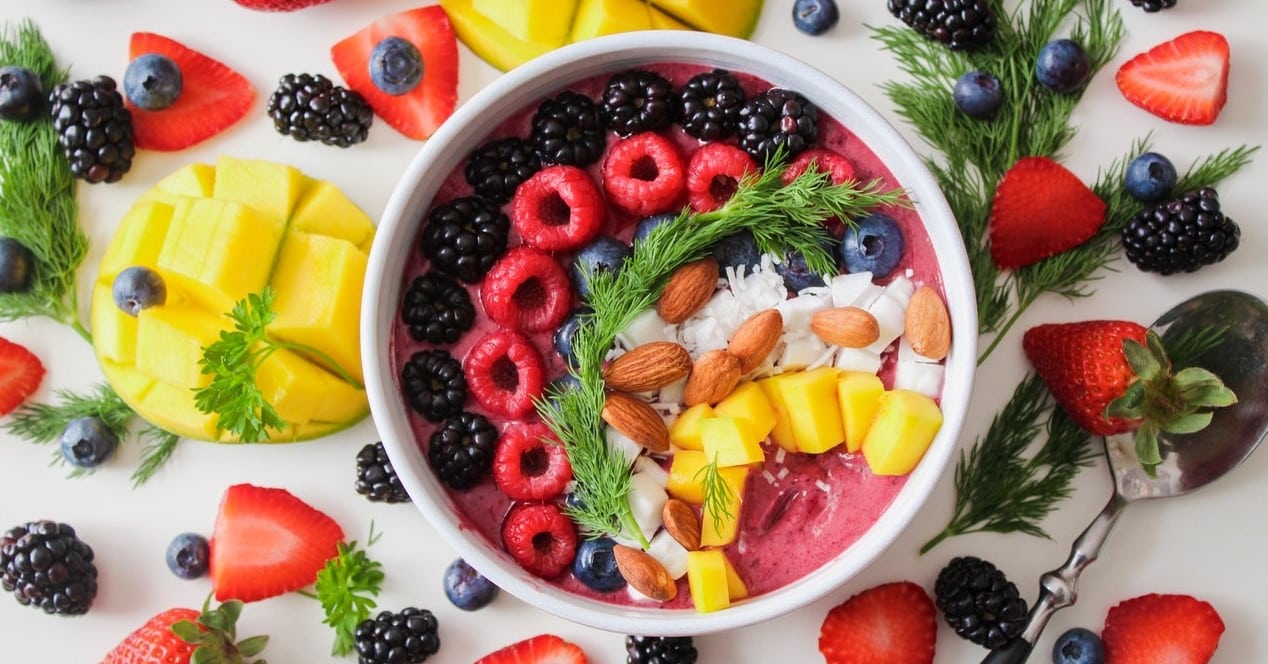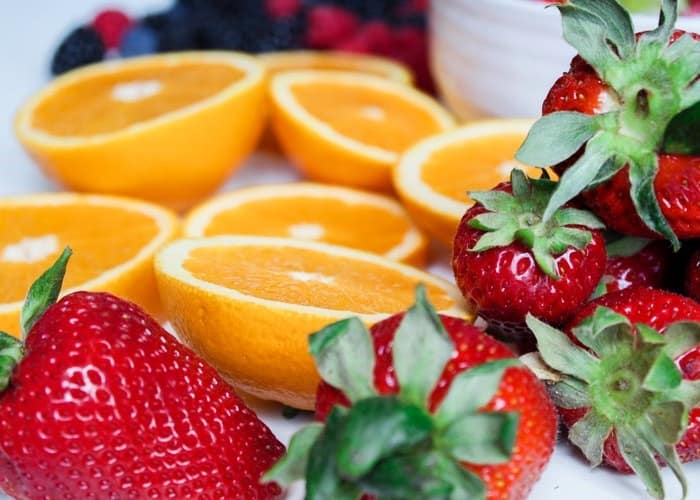
Currently there are dozens of different fruits, and let's not fool ourselves, we always eat the same ones, such as apples, oranges, bananas, grapes, strawberries, peach, pineapple, melon, etc. Well, some of these fruits that we have named, and which are the most common in our homes, are pinkish fruits. We are going to know their dangers and what makes them so dangerous.
Pink fruits are a type of fruit that is well known among all of us and that hide something that very few people know about. This is the LTP protein, a protein present in dozens of foods of plant origin and can create allergies directly or cross-sectionally in various foods.
It is one of the most common allergies in Europe, and especially in our country. In addition, in some cases it is serious, even leading to the patient, mainly children, suffering anaphylaxis. This is a serious reaction that starts very quickly and spreads throughout our body with symptoms that can be fatal.
What is a biosimilar
Pink fruits are a group of foods among which are fruits, vegetables and nuts that have the LTP protein and that they belong to the Rosaceae group. It is usually common in adults, although it also occurs in children, in their early stages of life and in adolescence.
Within this group of fruits there are many of those that we eat daily and that we surely have in the pantry, fruit bowl or fridge right now. The LTP protein that causes the allergic reaction is found mainly in the skin of the fruit. In addition, those who develop this allergy are also affected by others such as grasses.
In short, rosaceous fruits are a group of fruits widely consumed today that cause an excessive and allergic reaction from our immune system, directly affecting our body.

PREMIUM QUALITY
At this point, it is important to know the list of rosaceous fruits that cause more food allergies in Spain due to the LTP protein that we have previously discussed and that we will expand the information on in the next section.
- Peach, the one that causes the most allergy.
- Apple.
- Pears
- Blackberries.
- Strawberries
- Medlar.
- Paraguayan.
- Cherries
- Apricot.
- Plums
- nectarines.
- Grapes.
- Orange.
- Lemon.
- Banana.
- Kiwi.
- Grenada
As we have said before, the rosaceae are not only fruits, there are also nuts, legumes and vegetables with the same lipid transport protein.
So it is quite likely that, if any of the rosaceous fruits cause us a reaction, these legumes, vegetables and nuts also do so for cross or direct allergy: walnuts, hazelnuts, sunflower seeds, almonds, chestnuts, peanuts, lentils, soybeans, white beans, tomato, lettuce, cauliflower, broccoli, cabbage, cabbage, carrots, parsley, garlic, turnip, asparagus, celery, millet, spelt, corn, oats, rice, rye and barley.
As the direct reaction between pollen and fruit is also common, that is to say, whoever suffers, however minimal, a reaction with these fruits, could also do so with the pollen of grasses, artemisia, ambrosia, olive, banana and parietaria.
Why are they allergic?
LTP allergy, also known as lipid transport protein, favors the adverse reactions of our immune system causing the visible symptoms of allergies.
This set of foods gives allergies because the skin that covers the fruit contains the protein LTP which is programmed to protect the fruit from cold, heat and other external agents. For this reason, the skins give more allergies than the fruit itself.
Also, to make matters worse, this allergy can affect suddenly, for no apparent reason. It is all due to genetic factors and environmental factors apart from our eating habits. A person can become allergic through various sensitization pathways, either after ingestion, after contact with food or after breathing pollen, the latter being a common cross-reaction.

allergy symptoms
The symptoms of this allergy to fruits and vegetables usually have different levels, from something very mild, to very serious symptoms that put the patient's life at risk. It may be represented in one way in each person, and it may also be the case that the same person does not always experience the same reaction eating the same fruit.
- Itchy mouth, tongue, lips or throat.
- Redness of the lips and all around the mouth.
- Hives on the body.
- Gastrointestinal reactions.
- Vomiting and nausea.
- Dizziness and even loss of consciousness.
- Asthma and shortness of breath.
- Conjunctivitis.
- Swelling of lips, tongue and throat.
- Anaphylaxis.
- Digestive and even cardiovascular problems.
- Abdominal pain.
- Peaks.
If we notice any of these symptoms, it is better to ask for an allergy test to clear up doubts and not put our lives at risk, since, as we have explained, allergies to rosacea fruits can appear at any time and can cause allergies. to other foods.
Tips and recommendations
We are going to give a series of tips and recommendations to know how to act if we are allergic to the fruits and vegetables of the Rosaceae family. These are basic things, but that we often overlook, trusting the system and believing that there can be no cross contamination, for example.
- Read the labels of all products to see if they contain traces. If the notice appears, do not buy it, so as not to expose ourselves unnecessarily.
- Always warn of allergies, before ordering something in an establishment.
- Let our friends and family know about allergies.
- Consult the information of each dish in the restaurants.
- Be very careful with free buffets.
- Always choose simple dishes and avoid mixing ingredients.
- Do not eat if we are not sure.
- If our degree of allergy is serious, always try to bring our own food.
- Avoid or limit industrial products.
- Juices continue to cause allergies, so it is better to eliminate them from the diet as a precaution.
- Do not play sports if we suspect that we have ingested an allergen, even if our reaction to them is mild or minimal.
- Be careful with fruit and cereal yogurts.
- Avoid eating fruit, even if they are peeled, since the risk exists, although to a lesser extent.
- Avoid the "once again nothing happens", since we are attacking our own body.